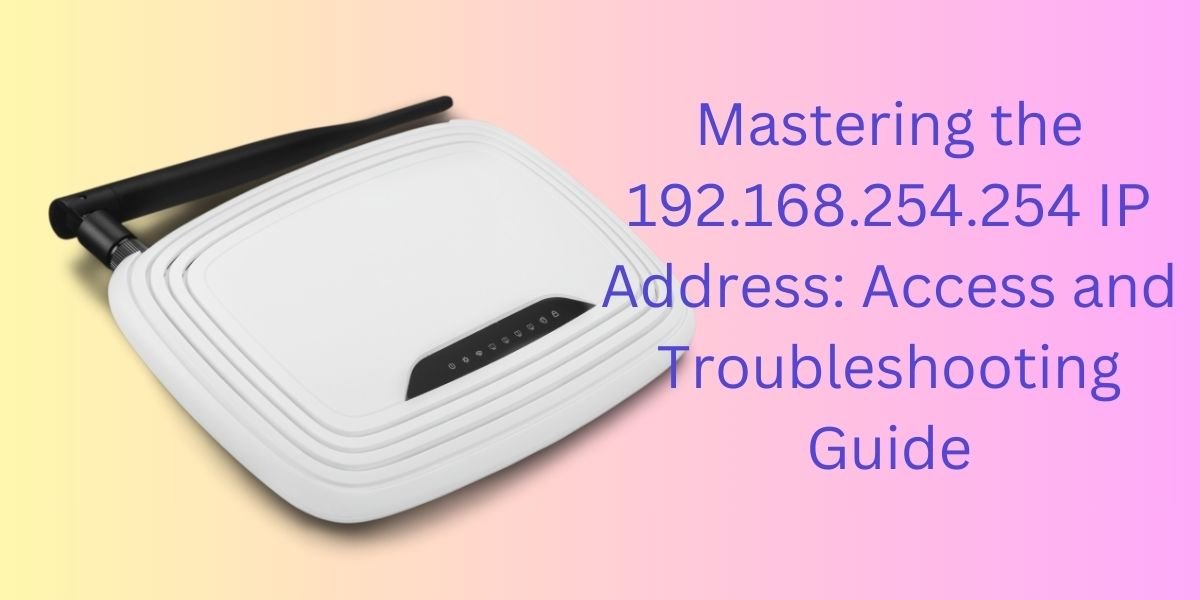The loopback address, commonly known as 127.0.0.1, is essential in networking and local development. When coupled with a specific port, like 57573, this address becomes even more important for developers who need to test or troubleshoot local servers without affecting external networks. But what exactly is 127.0.0.1:57573, and why is it so critical?
What is the IP Address 127.0.0.1?
The technology of IP address 127.0.0.1 is a special address known as the loopback address. This address is used to route traffic back to your own computer, allowing you to test network applications locally. Think of it as your device’s “self-address” – when you send data to 127.0.0.1, you’re sending it back to yourself. It’s like calling your own phone number!
What is Port 57573?
A port, like 57573, acts as a virtual door on a device that helps data find its way to specific applications or services. While 127.0.0.1 ensures the data is sent back to your machine, the port directs that data to the right application or process running on it. In local development, choosing a unique port like 57573 ensures that the traffic is correctly routed to the appropriate program or service.
Read Also: 10.24.1.53 | 127.0.0.1:49342 | 127.0.0.1:62893 | 12Bet Mobile | Techyvine.com
Unique Benefits and Uses of 127.0.0.1:57573

The combination of 127.0.0.1 with port 57573 has specific advantages, particularly for developers working on local environments:
- Local Testing: You can safely test websites, apps, or databases on your computer without affecting external users.
- Isolation: Any changes made during development will only impact your local environment, making it risk-free.
- Troubleshooting: Developers can quickly identify and resolve issues without waiting for live environments to react.
- Security: No external network traffic is involved, keeping sensitive development data private.
What is TCP/IP and the Loopback Address in 127.0.0.1:57573?
TCP/IP Basics
TCP/IP (Transmission Control Protocol/Internet Protocol) is the fundamental communication protocol for the internet. It defines how data is transmitted over networks, breaking it down into packets and ensuring it reaches the intended recipient.
The Loopback Address (127.0.0.1)
The loopback address, 127.0.0.1, is an IP used by a machine to communicate with itself. In local development, this ensures data stays within your own device, simulating network traffic without needing an external connection. It’s a useful tool for testing applications before they are deployed to live servers.
Read Also: The Spark Shop – Online Shopping Big Discount | Rediffmail Login | ePunjab Staff Login | Hpbose.org Login | Wings Of Fire
Secure Local Testing and Development on 127.0.0.1:57573
One of the key benefits of using 127.0.0.1:57573 is the ability to perform secure, local testing. By running applications on this loopback address, developers can:
- Test configurations without external risk.
- Avoid potential vulnerabilities since the traffic is limited to the local machine.
- Simulate network environments without a live internet connection.
This process ensures that any bugs or vulnerabilities can be ironed out before an application is deployed to a broader audience.
Various Troubleshooting instruction for 127.0.0.1:57573 IP address

While 127.0.0.1:57573 is useful, you may occasionally run into issues. Let’s explore common troubleshooting areas:
Port Conflicts
Sometimes, multiple applications may attempt to use the same port. If port 57573 is already in use by another program, it can cause errors. Use command-line tools like netstat to see which ports are in use and free up the one you need.
Firewall Restrictions
Firewalls may block certain ports, including 57573. If you’re having trouble, check your firewall settings and ensure it allows traffic on the loopback address and the correct port.
Application Errors
Occasionally, the application you are testing may be misconfigured or unable to bind to 127.0.0.1:57573. In such cases, review your configuration files or logs for clues and make sure the application is correctly set up to use this IP address and port.
System Resources Issues
If your computer is running out of resources (e.g., RAM or CPU), it may struggle to handle local development tasks. Ensure your system has enough power to run the applications you are testing on it.
Customizing Network Configurations on 127.0.0.1:57573
Developers have the ability to modify and customize their network settings when working with 127.0.0.1:57573. You can change port configurations, adjust IP routing, or even set up virtual environments to test different configurations.
- Port Reassignment: If 57573 is causing issues, developers can assign another port to the local application by modifying network configuration files.
- Network Simulation: Simulate various network conditions (like slow bandwidth or packet loss) to test how applications handle less-than-ideal environments on this loopback address.
Conclusion
In conclusion, 127.0.0.1:57573 is more than just a random address and port combination—it is a vital tool for developers working on local applications. By using this loopback address and port, developers can test, troubleshoot, and secure their applications before they are deployed to live environments. The combination of 127.0.0.1 and 57573 offers both flexibility and isolation, making it an indispensable part of local development.
Frequently Asked Questions (FAQs)
1. What is the purpose of 127.0.0.1?
The IP address 127.0.0.1 is used as a loopback address, allowing a computer to send data to itself for testing and development purposes.
2. Why do developers use port 57573?
Port 57573 is an arbitrary port used for directing data to a specific application or service running on the loopback address, often chosen to avoid conflicts with other common ports.
3. Can I use 127.0.0.1 for external testing?
No, 127.0.0.1 is limited to local use only and cannot route traffic to external networks or devices.
4. How do I fix a port conflict on 127.0.0.1:57573?
You can resolve port conflicts by checking which application is using the port with tools like netstat and freeing up the port or assigning a different one.
5. Is 127.0.0.1 secure for testing?
Yes, testing on 127.0.0.1 is secure because it limits traffic to your local machine, preventing external access and reducing the risk of data breaches.










